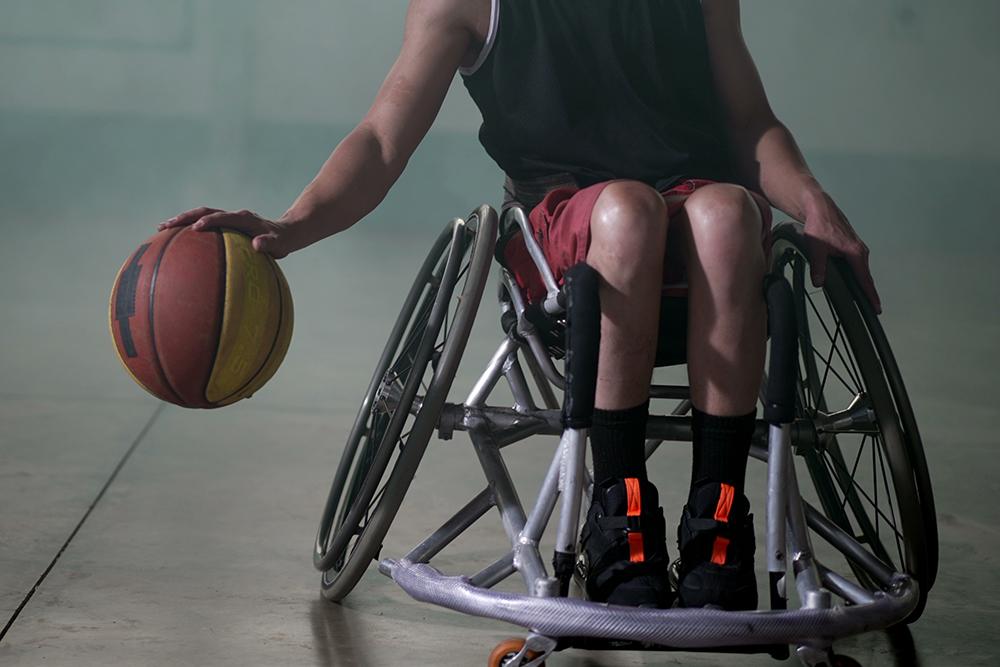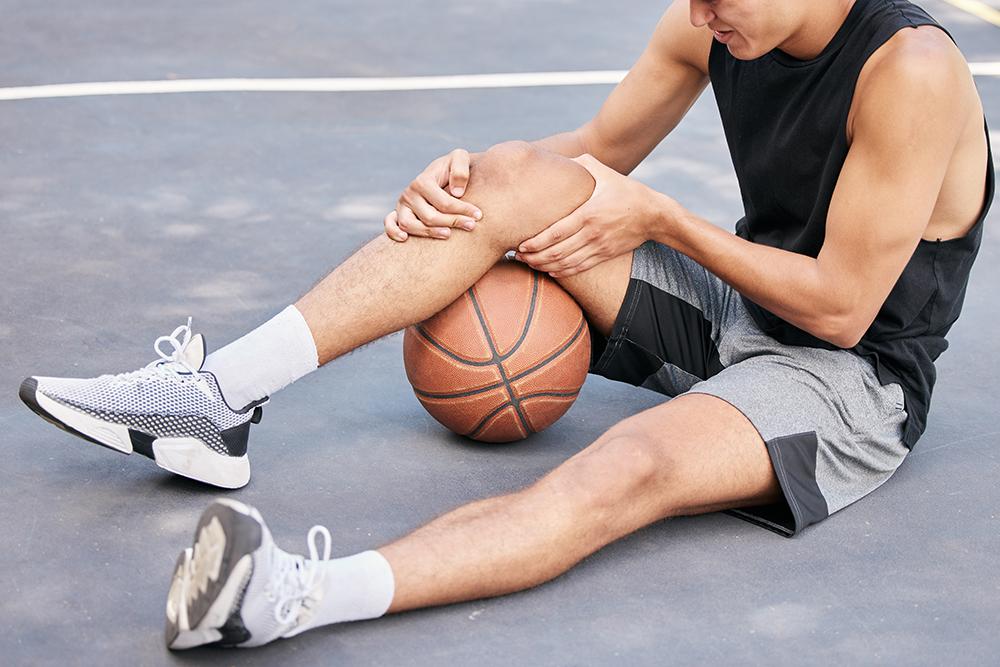 If you’re considering sending your young athlete to a camp this summer, you may want to look into a multi-sport camp rather than a sport-specific camp.
If you’re considering sending your young athlete to a camp this summer, you may want to look into a multi-sport camp rather than a sport-specific camp.
“Anything we can do to give kids diversity in physical and physiological ways is a win,” says Steve Smith, PhD. Smith is a professor of clinical psychology at University of California, Santa Barbara and focuses on working with young athletes and parents, especially around topics like early specialization in sport. Smith sees multi-sport camps as a great way for young athletes to experience other sports and develop new skills without the pressure of playing for new teams or committing more time during already-packed seasons.
“A multi-sport camp is ideal for helping young athletes avoid early specialization,” says Smith. While tacking on extra sports during the year might be stressful for an athlete and difficult to handle from a time management perspective, a multi-sport camp allows young athletes to explore new sports without adding to an already-busy schedule.
Here are seven more reasons why you should invest in a multi-sport camp.
Promote Chances for New Teamwork and Friendships
When young athletes are involved in one sport, they tend to end up with a tight-knit group of friends from that one team. While it’s great to have close friendships, young athletes should be branching out, meeting new people, and learning to work with new teammates. In college, and in life, athletes aren’t always going to be surrounded by teammates they’ve known since kindergarten, so developing social skills is key to long-term success.
“I work with a lot of collegiate athletes now, and I notice that they travel, practice, and live with their teammates — and if you’re not able to become friendly with those new teammates, you’re going to have a really hard time,” says Smith. “By only knowing one set of teammates, you lose out on interpersonal skills,” he adds.
It’s important that kids develop their ability to interact with different types of people. A multi-sport camp offers a diverse group of athletes from different disciplines, locations, and backgrounds. Young athletes will have the chance to get outside their comfort zone by participating in a multi-sport camp.
Learn to Accept Loss and Failure
In the world of sport, being able to lose is just as important as being able to win when it comes to longevity. If your young athlete has been naturally talented and successful from a young age, it might be beneficial for him or her to experience not being the best on the field.
“We learn more from failures than we do from wins,” says Smith. “Giving kids the opportunity to be in an environment where they aren’t the best, where they have to step outside of their comfort zone, that’s what teaches them about life and those important life skills.”
Learn New Skills
Enrolling athletes in a multi-sport camp can also help them develop in a more well-rounded way. Skills often blend from one game to another: footwork from soccer agility practice may be helpful on the football field and throwing a baseball may make a shot-putter tweak his stance.
Youth athletes exposed to multiple sports have been shown to be more consistent performers, experience fewer injuries, and stay in sport longer than early-specializers. In a study of 700 professional baseball players, Smith even found that late specializing baseball players were “more likely to get college scholarships and that they consistently practiced more than early specializers.”
Remember How to Simply Play
“Competition is hard, and it’s hard to be in that place all the time. Young athletes now don’t have a lot of time to just simply play, and camps can offer that,” says Smith. “Taking away the competition and giving a kid an opportunity to just be playful and not results-focused is a huge win.”
A multi-sport camp can offer young athletes a chance to rediscover the joy of playing, not for a result, just for the sheer fun of running, jumping, throwing and dancing.
Helps Athletes Get Over Injury
“There’s a benefit to having a horizontal kid—one who can run fast but also play basketball and paint and play an instrument. You shouldn’t be pinning hopes and dreams on one thing. When athletes do that and get injured, it can be devastating,” says Smith.
A multi-sport camp can offer opportunities for cross-training so that your young athlete can continue to build skills and fitness without pushing an injury. Be sure to talk to a doctor before picking a camp in this case, as certain sports may be better for specific injuries than others.
Find a New Talent or Passion
Discovering new passions is a great thing for a young athlete. “If a kid specializes early, it increases the likelihood that they’ll get injured or burned out and increases the likelihood of them being sedentary as adults,” says Smith. “That’s not what we want for our kids.”
Helping children find sports that they can play for life is just as important as winning a championship. Many young athletes won’t go on to be professionals, but they can go on to lead happy, active lives, and finding hobbies outside of that one focus can help them achieve that goal.
Learn Independence
No matter how close you are with your young athlete, it’s important that they get some time outside of your sphere of influence to discover what they are truly passionate about. “You need to let your child figure out who they are, and to do that, you need to separate yourself from the equation,” says Smith. “Letting a child get away from the pressure can be a great thing for them.”
_____
Parents and kids are often told that an athlete has to do one sport, do it early, and do it year-round. But as Smith and the research indicate, that’s not always for the best. So this summer, try enrolling your young athlete in a multi-sport camp.



